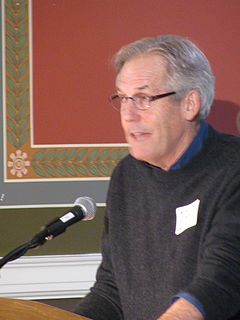A Quote by Derek Walcott
Related Quotes
The poems in Helena Mesa’s virtuosic first book, Horse Dance Underwater, run with such speed, verve, and alacrity they leave you breathless, exhilarated, and transformed as if the purest kind of song had lifted you into the air. By this quickness of language finding lyric speech, Mesa’s poems remind us of art’s joyous and ecstatic effects.
Ecstasy is our very nature, not to be ecstatic is simply unnecessary. To be ecstatic is natural, spontaneous. It needs no effort to be ecstatic, it needs great effort to be miserable. That's why you look so tired, because misery is real hard work; to maintain it is really difficult, because you are doing something against the nature.





































